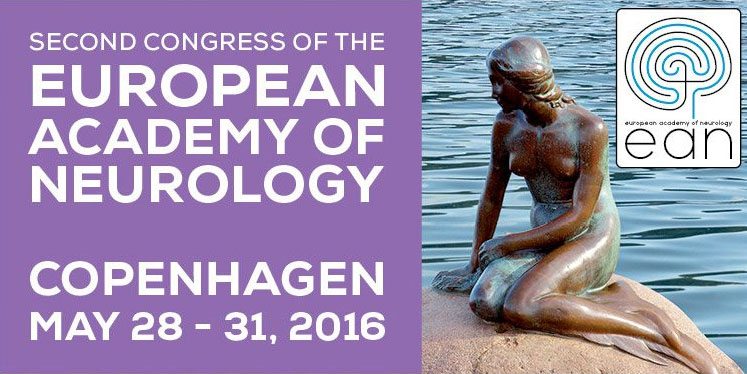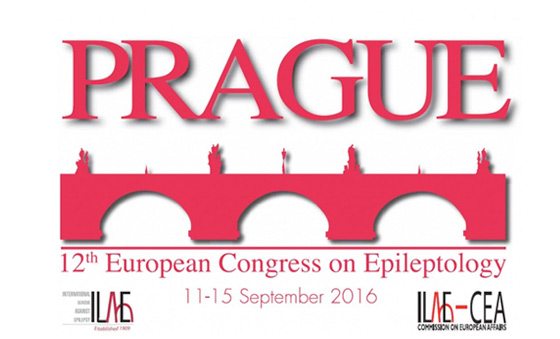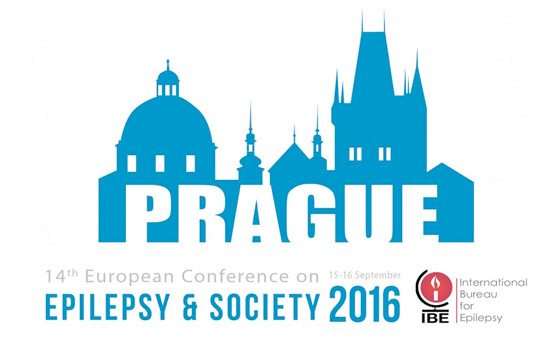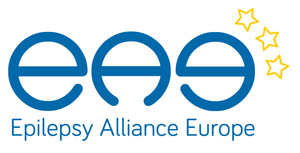EPITARGET
EPITARGET, of which IBE is a member of the Scientific Advisory Committee, is focused on the process leading to epilepsy (epileptogenesis) in adults. The main hypothesis is that there are combinations of various causes, acting in parallel and/or in succession, that lead to epileptogenesis and the development of seizures. The central premise and vision is that by using a combinatorial approach to identify appropriate biomarkers that allow the prediction of the disease and by developing effective anti-epileptogenic therapeutics, patients at risk can be treated before they even have epilepsy.

EPITARGET Objectives
1. Identifying novel biomarkers and their combinations
EPITARGET aims to identify novel biomarkers and combinations that will define the different stages of epileptogenesis (i.e. the process leading to epilepsy) and enable clinicians to predict and diagnose early and late stages of the evolution of epilepsy. This will pave the way to improved diagnostics as well as the development of patient-specific preventive strategies. EPITARGET aims to identify at least 2 biomarkers that in combination will predict whether epileptogenesis is triggered in a post-insult period and will stratify those individual subjects that are at risk of developing epilepsy.
2. Unravelling the complex patho-physiology of epileptogenesis
EPITARGET will design new disease-modifying combinatorial treatment strategies that are specifically targeted to the different stages of epileptogenesis. These novel treatment strategies are expected to be capable of preventing the development of epilepsy in at-risk patients and stop its progression after the onset of the disease. EPITARGET aims to identify at least 2 patho-physiological mechanisms of epileptogenesis that will be targeted in combination in the post-insult period.
3. Translating the knowledge obtained to patients
In this objective EPITARGET will perform clinical validation of the combinatorial biomarker approach, and thereby obtain data from patients to prove the concept for future clinical applications.

EPITARGET aims to identify novel biomarkers and combinations that will define the different stages of epileptogenesis (i.e. the process leading to epilepsy) and enable clinicians to predict and diagnose early and late stages of the evolution of epilepsy.
EPITARGET Expected Results
The overall expected final results of EPITARGET are to:
- identify combinatorial biomarkers for epileptogenesis, diagnostics, prediction of disease progression and pharmacoresistance;
- identify combinatorial preventive and disease-modifying treatments targeting complex pathophysiological mechanisms of post-insult epileptogenesis; and
- validate combinatorial biomarkers from animal studies in human subjects and tissue.
These results are envisaged to have a dramatic impact on the socio-economic burden of epilepsy by improving quality of life for millions of people and their families, reducing the costs related to epilepsy, currently estimated as 20 billion € for Europe only. Societal implications of the final results of EPITARGET are expected to have significant influence on a wide range of areas including patient and professional organizations, professionals in clinical practice, regulatory authorities, pharmacological industries and SMEs, funding organizations, other brain diseases, as well as on health status of the general population.
The 4th General Assembly & 7th Steering Committee Meeting of the EPITARGET Consortium will take place in October 2016 in Marseille.
The meeting is hosted by EPITARGET partner Aix Marseille Université.
EPITARGET is a Collaboration Project funded by the European Union under the 7th Framework Programme under grant agreement n° 602102.
View more info online here: http://www.epitarget.eu
SESSIONS AT CONGRESS
One way of highlighting the aims, objectives and activities of Epilepsy Alliance Europe, is through sessions at congresses – both in Europe and at international level.
2nd EAN Congress
The Epilepsy Alliance Europe Task Force had a session accepted as part of the program of the second congress of the European Academy of Neurology, which took place in Copenhagen in May 2016.
The title of the session, chaired by Philippe Ryvlin, was ‘ERN and cross-border healthcare in Neurology’. The session had the following speakers:
- ERN: An EU Law – Enrique Terol (DG Sanco – EU Health Commission)
- E-PILEPSY, a pre-ERN pilot network of cooperation in epilepsy surgery – Philippe Ryvlin (Switzerland)
- Merging rare and complex diseases in a neurologically driven ERN – Helen Cross (UK)
- ERN and cross-border healthcare in Neurology: The patient’s point of view – Ann Little (Ireland)

12th ILAE European Congress on Epileptology/14th IBE Conference on Epilepsy & Society
As part of the joint congress program, being organised for the first time on 15th September and taking place in Prague, Czech Republic, Epilepsy Alliance Europe has developed a session titled ‘Europe 2020’. The session will include two Members of the European Parliament (MEP) as speakers – Mrs Miapetra Kumpula-Natri (Finland) and Mr Pavel Poc (Czech Republic). Both MEPs are members of the European Advocates for Epilepsy working group in the European Parliament, supporting people living with epilepsy and their carers by keeping a watching brief on EU policy.
The full program, which will be chaired by Sari Tervonen (Finland) and Ann Little (Ireland) is as follows:
- The Politician and Epilepsy: Miapetra Kumpula-Natri (Finland)
- Epilepsy Advocacy: Expanding Opportunities in Europe: Sari Tervonen (Finland)
- EU Funding – how to go about it: Denis McEvoy (Ireland)
- Entering the labour market:
- EU Funded Project 1: Jana Zarubova (Czech Republic)
- EU Funded Project 2: Veska Sabeva (Bulgaria)
- How can the EU help?: Pavel Poc (Czech Republic)



